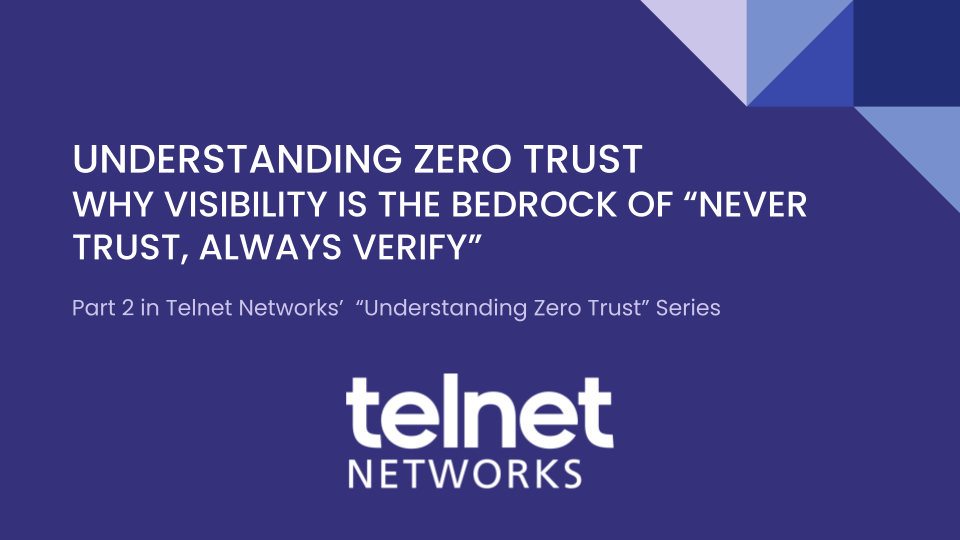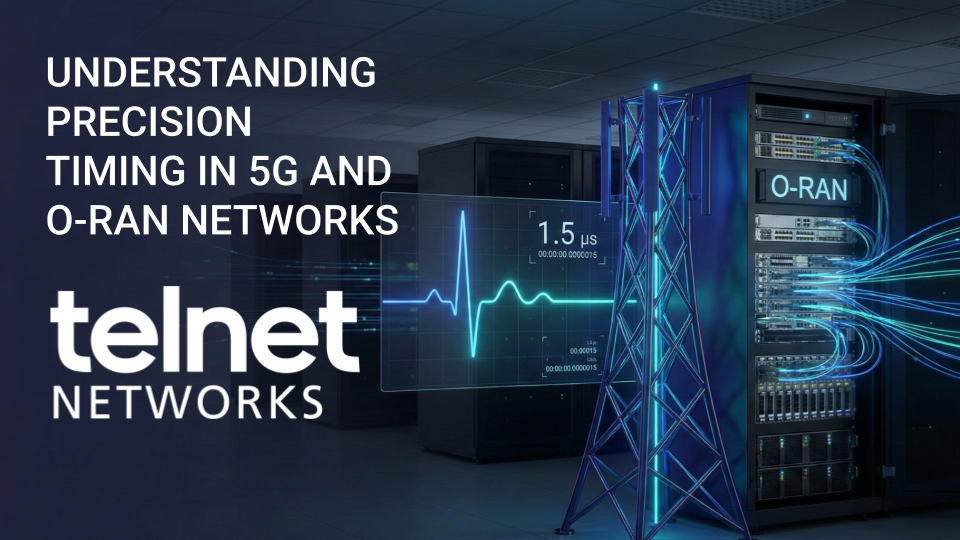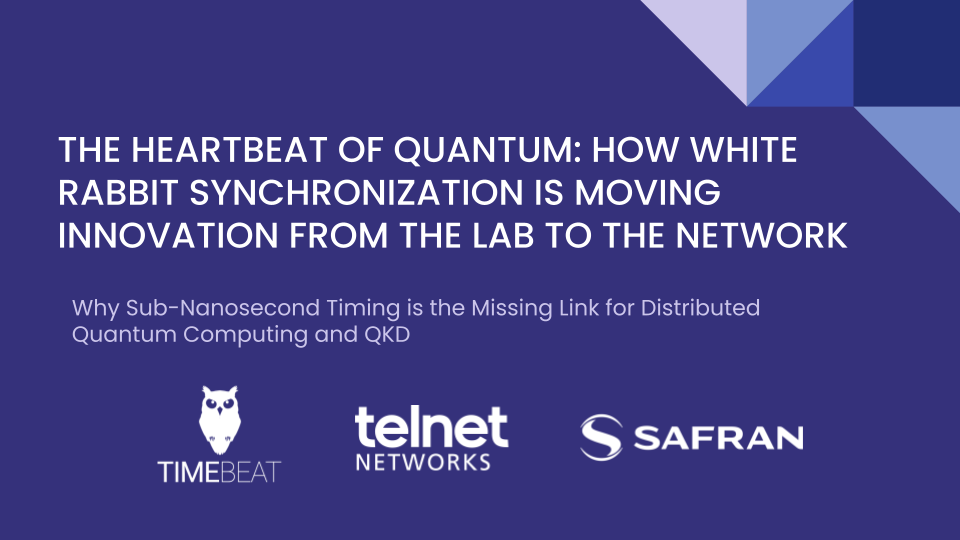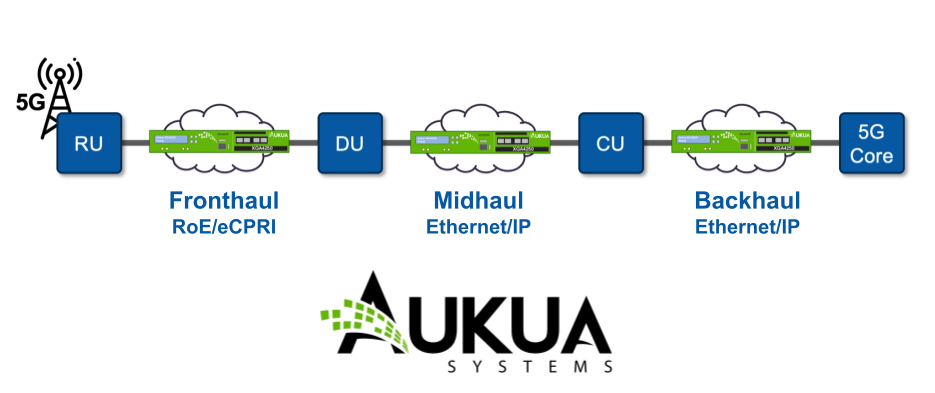WiFi and LAN networks are the backbone of modern businesses, and testing them is essential to prevent outages, optimize performance, and ensure reliability. Candela Technologies specializes in advanced tools like LANforge to simulate real-world network conditions, automate tests, and analyze performance for both WiFi and Ethernet networks.
Key Takeaways:
- Why Testing Matters: Prevent outages, minimize downtime, and handle the growing complexity of IoT and WiFi 7 networks.
- Candela Technologies Tools: LANforge automates testing, simulates real-world conditions, and measures performance metrics like latency, throughput, and packet loss.
- Industries Benefiting: Healthcare, education, and business offices use Candela’s solutions for reliable, high-density network performance.
- Flexible Options: From automated test systems starting at $40,000 to Test as a Service (TaaS) for occasional needs.
Testing ensures networks can handle modern demands like WiFi 7’s 5 Gbps speeds or IoT’s 75.44 billion devices by 2025. Candela’s tools help businesses stay ahead while reducing costs and complexity.
Core Features of Candela Technologies Network Testing Tools
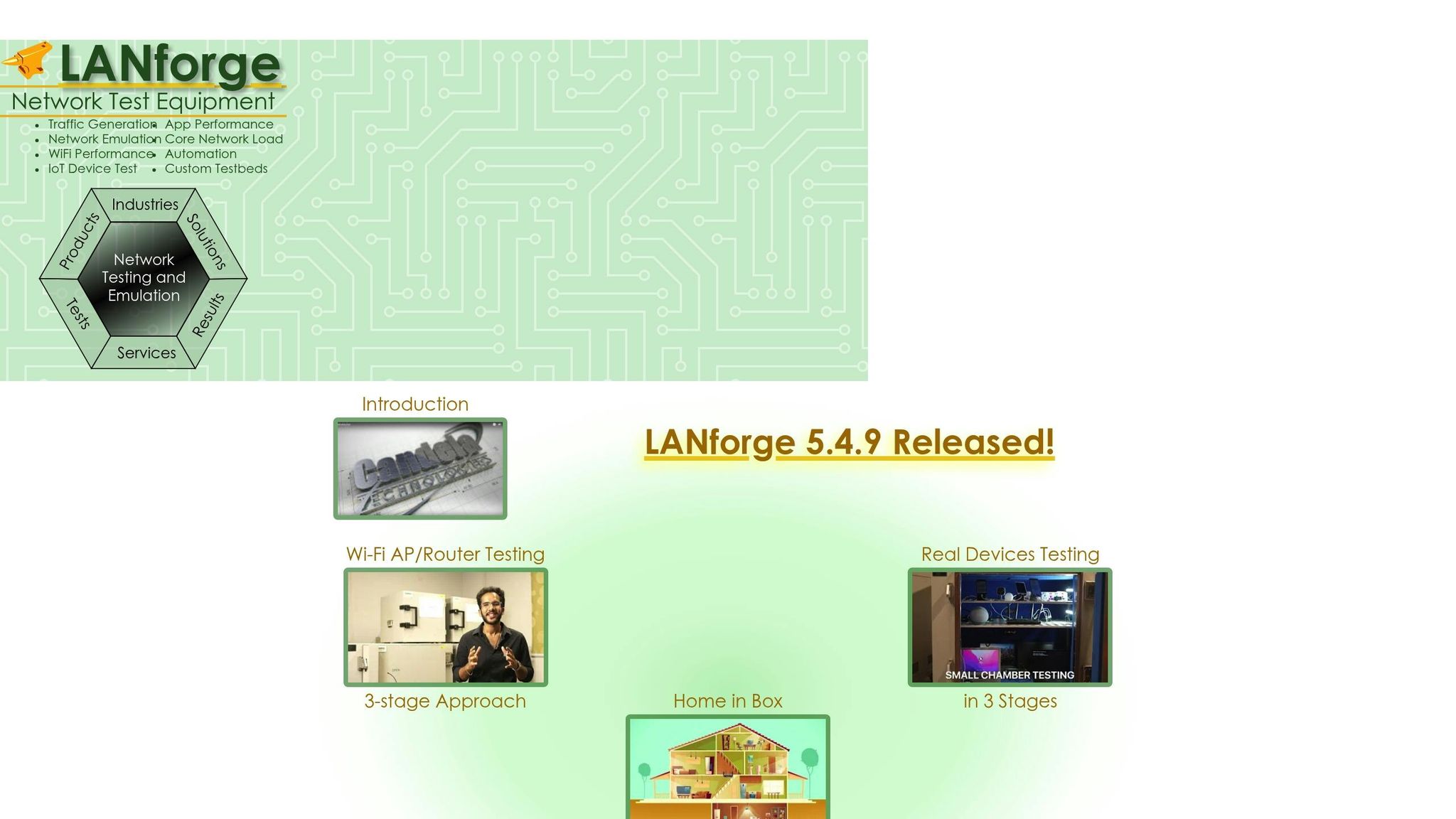
Candela Technologies developed LANforge to tackle the intricate testing needs of today’s enterprises. This platform combines cutting-edge automation, realistic network simulations, and in-depth performance analysis, giving IT teams the tools they need to ensure network reliability.
Automated Testing Functions
Manual testing can be time-consuming and prone to errors. LANforge addresses this with automation features that simplify and enhance the testing process.
With automated test cases, LANforge works seamlessly with real devices and applications, capturing key performance metrics without constant human involvement. This means IT teams can run extensive tests during off-hours, such as overnight, improving efficiency while minimizing disruptions to daily operations.
LANforge’s CI/CD automated WiFi testing system integrates an RF chamber, WiFi test system, and remote power switch, enabling comprehensive tests without requiring someone to be physically present on-site. For companies interested in adopting this system, pricing starts at $40,000 for mid-level setups and goes up to $65,000 for high-end configurations.
The platform automates various tests, including Captive-Portal, WiFi capacity, MU-MIMO, and throughput under real-world conditions. These automated processes ensure consistent, repeatable results, making it easier to identify and resolve network issues.
One standout feature is LANforge’s ability to simulate hundreds of WiFi stations using only a few physical radios. Additionally, it can emulate over 140 VoIP phones per machine, providing robust testing capabilities for voice communications.
Beyond automation, LANforge excels at recreating complex network environments.
Network Environment Simulation
Networks in the real world are far messier than what’s seen in controlled lab environments. LANforge bridges this gap by simulating real-world conditions, helping organizations prepare for the challenges their networks will face once deployed.
At the heart of this capability is the LANforge-ICE network emulator, which introduces impairments like latency, jitter, packet loss, reordering, and duplication to mimic real-world scenarios. It supports a variety of network types, including DSL, satellite, and WiSP connections.
LANforge-ICE is highly versatile, handling speeds from 10 bps to 9.8 Gbps and supporting up to 48 concurrent emulations in certain configurations. This flexibility allows for testing across a wide range of scenarios.
The platform’s Netsmith feature simplifies the creation of complex LAN or WAN setups. Engineers can design networks with multiple segments, routing protocols, and diverse traffic patterns quickly. It also incorporates advanced protocols like OSPF, BGP, RIP, and multicast routing, along with virtual routers and bridges.
For organizations that need to analyze their existing networks before testing, the LANforge ICEcap tool can measure live network conditions – such as latency and packet loss – and save the data for later replay during emulation. LANforge-ICE also functions as a layer-2 pass-through device, making it easy to integrate into current network setups for testing purposes.
Once realistic conditions are simulated, accurate performance measurement becomes essential.
Performance Measurement and Analysis
Performance analysis isn’t just about checking connectivity – it’s about understanding how networks behave under different conditions. LANforge combines realistic simulations and automation to deliver detailed metrics that provide meaningful insights.
The platform measures critical parameters like throughput, latency, jitter, and packet loss across both WiFi and Ethernet networks. Its WiFIRE systems can emulate up to 200 wireless client stations per radio, making it ideal for testing how networks perform as user density grows.
LANforge supports testing across a wide range of protocols, including TCP, UDP, HTTP, and VoIP (SIP/H.323). This ensures comprehensive coverage of the applications and services that enterprises rely on most.
Standardized reports generated by LANforge simplify decision-making. These reports include metrics like throughput, connection rates, VoIP and video quality, application performance, roaming data, and packet captures. They provide valuable insights for both technical teams and business stakeholders, helping them make informed infrastructure decisions.
For organizations requiring tests with real devices and applications, the LANforge InterOp solution is a game-changer. It allows engineers to control actual devices in RF chambers or walk-in screen rooms, combining automation with the realism of genuine hardware and software setups. For those who don’t need continuous testing, Candela also offers a Test as a Service (TaaS) option, where their engineers handle the testing and deliver detailed reports.
Testing Methods Used by Candela Technologies
Candela Technologies employs a range of testing methods to ensure networks perform reliably in practical scenarios. These approaches include coverage and signal strength testing, network capacity and load testing, and device roaming and movement testing. By combining these methods with their automated and simulation tools, Candela creates a thorough framework for evaluating network performance.
Coverage and Signal Strength Testing
Testing WiFi coverage goes beyond simply verifying device connectivity. Candela Technologies takes it a step further by analyzing signal behavior, measuring coverage patterns, and identifying interference sources in various environments.
One standout feature is their 3,500-square-foot WiFi Test House in India, designed to replicate residential conditions. This facility allows engineers to evaluate coverage in spaces with typical obstacles like walls and furniture, providing insights into how signals perform in real-life home and small office setups.
Candela’s LANforge systems enhance coverage testing by simulating between 64 and 200 clients per radio. This setup helps engineers map signal strength across different areas and observe how performance diminishes as user density increases. Metrics like RSSI, signal-to-noise ratios, and interference patterns are measured using real devices such as smartphones, tablets, and IoT gadgets.
For organizations deploying Wi-Fi 6E networks, testing highlights the advantages of expanded spectrum in the 6GHz band. Engineers can assess the impact of additional channels – 59 for 20MHz, 29 for 40MHz, 14 for 80MHz, and 7 for 160MHz – on coverage planning and interference management.
Network Capacity and Load Testing
Testing how networks handle heavy usage is crucial for enterprise environments. Candela Technologies replicates high-density scenarios to evaluate network infrastructure under stress.
LANforge systems are particularly effective at creating such conditions, supporting over 30,000 concurrent TCP connections per machine. This capability enables engineers to simulate traffic patterns found in large offices or public venues. The WiFi Capacity test assesses access point performance when managing varying numbers of WiFi devices. Instead of focusing on a few high-bandwidth clients, this method examines how performance degrades as dozens – or even hundreds – of devices connect simultaneously, a situation common in conference rooms, classrooms, and open offices.
With LANforge-FIRE, engineers generate realistic traffic loads that mimic actual application usage. Clustering multiple LANforge systems allows for larger test scenarios, helping to pinpoint capacity bottlenecks caused by RF interference rather than just bandwidth limitations. Additionally, Candela’s TR-398 WiFi Performance test plan provides a standardized approach to evaluating radio performance, throughput, connection stability, airtime fairness, and long-term reliability.
Device Roaming and Movement Testing
Ensuring seamless connectivity during movement is another critical aspect of network performance. Candela Technologies focuses on validating roaming capabilities, measuring both the speed and reliability of transitions between access points.
The WiFi Mobility test evaluates key metrics such as roaming delay, connection time, downtime, and packet loss during access point handoffs. Using LANforge systems, engineers can simulate mobile scenarios where virtual stations move between access points without losing connectivity. This automated process ensures consistent testing and provides insights into roaming performance across a wide range of devices and network setups.
Candela also examines roaming under varying load conditions, revealing how handoff performance is affected when access points are serving multiple clients. Real device testing, using smartphones, tablets, and laptops, ensures that results align with actual user experiences. Furthermore, the methodology evaluates roaming across different frequency bands, including 2.4GHz, 5GHz, and 6GHz, which is particularly important for Wi-Fi 6E networks. This helps ensure smooth transitions in multi-band environments, even under challenging conditions.
sbb-itb-f59d864
Industry Use Cases for Candela Technologies
Candela Technologies offers solutions tailored to tackle specific challenges across various industries, leveraging its advanced testing capabilities to ensure reliable and efficient network performance.
Healthcare Network Testing
In healthcare, network reliability isn’t just important – it’s critical. Any failure could disrupt patient care. Candela Technologies provides tools to help hospitals maintain dependable connectivity for mobile medical devices, staff communication systems, and patient services. For instance, maintaining an interference-free RF environment is essential for sensitive medical equipment. Candela’s tools enable hospitals to perform RF validation surveys and optimize their networks regularly.
Take the example of a 10,000-bed hospital where a certificate issue caused widespread phone sign-outs, delaying vital communications. To avoid such scenarios, healthcare facilities can implement formal onboarding processes for devices and maintain detailed inventories of RF-based equipment, including the specific frequencies they use. This proactive approach minimizes interference and ensures the smooth functioning of wireless technologies like online consultations and continuous patient monitoring. These targeted testing solutions help healthcare providers maintain communication systems that patients and staff rely on every day.
The same level of precision is essential in educational settings, where network demands are equally high.
School and University Networks
Educational institutions face the challenge of managing high-density networks, where hundreds – or even thousands – of students and faculty connect simultaneously in classrooms, lecture halls, and shared spaces. Candela Technologies’ LANforge systems are designed to handle these complex environments. By emulating large numbers of WiFi stations using only a few physical radios, LANforge replicates real-world campus configurations .
The platform supports the latest WiFi standards and can simulate higher-level protocols like TCP, UDP, and HTTP for comprehensive testing. For large-scale deployments, LANforge InterOp enables testing with actual devices, automating the measurement of WiFi performance under real-world conditions. Features like automated Captive-Portal testing and WiFi-capacity evaluations help institutions manage guest access and ensure consistent performance across diverse user groups. These capabilities allow schools and universities to meet the digital needs of their communities seamlessly, even in high-traffic environments.
Beyond education, modern workplaces also demand reliable networks to support increasingly dynamic work environments.
Business Office Networks
In today’s business landscape, dependable networks are the backbone of operations – supporting remote work, video conferencing, and secure data transfers. Candela Technologies helps businesses detect network bottlenecks and performance issues early, ensuring smooth operations and high user satisfaction. Automated testing tools simplify the process of validating network changes, allowing development and QA teams to assess performance across different configurations efficiently.
Summary and Main Points
Candela Technologies’ LANforge platform is designed to tackle the demands of modern networks, offering solutions tailored for enterprise environments. One standout feature is its ability to emulate up to 200 wireless client stations per radio, making it an essential tool for organizations managing high-density environments where hundreds of devices connect simultaneously. This capability ensures accurate testing of real-world scenarios.
The platform also incorporates automated testing and simulation to mimic real-life network challenges like latency, jitter, and packet loss. By identifying performance issues early, organizations can address potential problems before they disrupt operations. Recent benchmarks have showcased the platform’s cutting-edge performance, including tests with Adtran‘s SDG 8733 Wi‑Fi 7 technology, which achieved an impressive throughput of over 8.3 Gbps. Ben Greear, CEO of Candela Technologies, highlighted this achievement:
"Together, we’re helping ensure advanced Wi‑Fi 7 solutions meet the highest standards of performance, reliability, security and scale."
The platform’s modular and automated design simplifies Wi‑Fi testing while reducing costs and complexity. Businesses can choose from flexible service options, such as Test as a Service for occasional needs, custom testbeds for specific use cases, and expert analysis services. This flexibility allows organizations to align testing capabilities with their specific requirements and budgets.
Additionally, the platform generates detailed reports that provide critical insights, helping enterprises make informed decisions about network investments. With these tools, Candela Technologies empowers organizations to build high-performing networks that not only meet current demands but are also prepared for future advancements.
FAQs
How does the LANforge platform from Candela Technologies replicate real-world network conditions for testing?
Candela Technologies’ LANforge platform brings real-world network conditions to life by simulating multiple WiFi stations using just a few physical radios. This setup enables highly flexible network configurations and testing scenarios tailored to specific needs. The platform generates stateful traffic – like TCP, UDP, and HTTP – making it possible to assess network performance and reliability under various conditions.
LANforge also automates critical testing processes, such as WiFi capacity analysis and Captive Portal testing, by mimicking everyday usage patterns. It can even introduce realistic network challenges, such as latency, jitter, and packet loss, to evaluate how applications hold up under pressure. These features make it an essential tool for building and maintaining a dependable network infrastructure.
What advantages does Candela Technologies’ Test as a Service (TaaS) offer for businesses that only need occasional network testing?
Candela Technologies’ Test as a Service (TaaS) offers a smart option for businesses that only occasionally need network testing. It allows companies to access professional network testing services without the need to maintain in-house resources, making it a pay-as-you-go model that saves money and effort.
TaaS gives businesses the ability to scale testing quickly based on their needs, providing both flexibility and efficiency. Plus, the service delivers quick results, enabling faster identification and resolution of network issues. This means better network performance, reliability, and transparency, all tailored to fit the specific needs of your business.
How do Candela Technologies’ network testing solutions benefit healthcare and educational institutions?
Healthcare and educational institutions can significantly improve their network performance and reliability by utilizing Candela Technologies’ testing solutions. In the healthcare sector, dependable networks are a must for critical services like electronic health records (EHR) and telemedicine. These services rely on uninterrupted connectivity to ensure smooth operations and better patient care. Candela’s tools simulate real-world network conditions, helping providers identify and address potential connectivity issues before they impact essential services.
For schools and universities, a stable, high-performing WiFi network is vital for supporting online learning tools and digital platforms. Candela’s automated testing solutions help optimize campus-wide networks, ensuring students and faculty can rely on seamless connectivity during key educational activities. These tools enable both healthcare and education sectors to build and maintain robust network infrastructures tailored to their specific needs.


